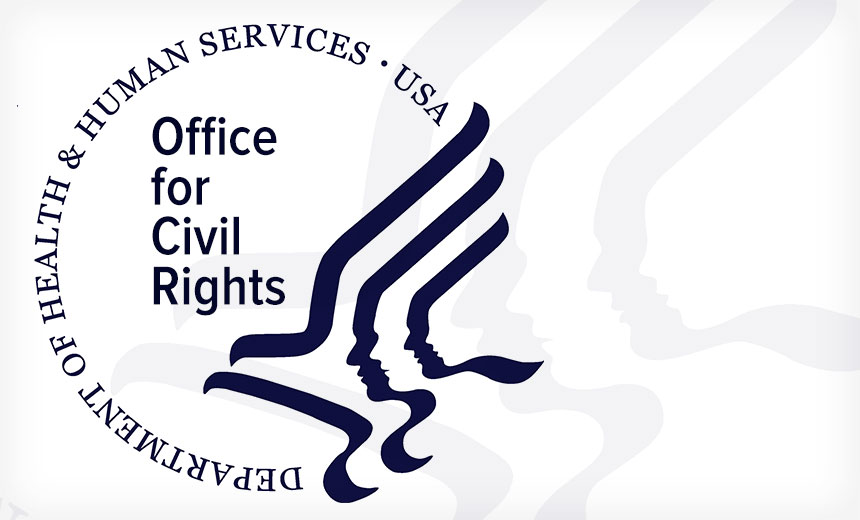Federal Regulators Fine New York Neurology Practice $25,000 for Ransomware Breach
In a significant enforcement action, federal regulators have issued a fine of $25,000 to Comprehensive Neurology, a specialized medical practice located in Hollis, New York. This decision follows an extensive investigation into a ransomware incident from late 2020 that impacted approximately 7,000 individuals. The case exemplifies the ongoing challenges medical institutions face in securing patient data against cyber threats, particularly in the realm of ransomware attacks.
The U.S. Department of Health and Human Services (HHS) announced that Comprehensive Neurology did not carry out a proper risk analysis to identify potential vulnerabilities within its electronic protected health information (ePHI). This oversight not only compromises patient data security but also violates the requirements set forth under the Health Insurance Portability and Accountability Act (HIPAA). As part of the settlement agreement, the practice is also required to adhere to a corrective action plan that will be monitored by HHS.
This enforcement action marks the 12th instance of ransomware-related HIPAA enforcement by the HHS Office for Civil Rights (OCR) since a proactive initiative began earlier in 2023. The agency emphasized the importance of conducting thorough risk assessments as a crucial step in safeguarding sensitive patient information against possible breaches. This particular case also falls under the agency’s broader security risk analysis campaign, which aims to educate healthcare providers about the importance of maintaining robust cybersecurity protocols.
In December 2020, Comprehensive Neurology informed HHS OCR that a ransomware attack had affected about 6,800 individuals, as hackers managed to gain unauthorized access and encrypt all patient files. The compromised information included sensitive details such as patient names, clinical data, health insurance information, Social Security numbers, and driver’s license details. Such data breaches not only endanger patient privacy but also undermine public trust in healthcare organizations.
Under the settlement terms, Comprehensive Neurology will not only pay the $25,000 fine but will also implement a substantial corrective action plan, which is to be closely monitored by HHS for a duration of two years. The specifics of this plan include the requirement for the practice to perform a detailed security risk analysis, develop and implement a comprehensive risk management strategy to address potential security vulnerabilities, and provide training for its staff on HIPAA compliance and best practices for data protection.
The ramifications of failing to comply with HIPAA regulations are significant, as indicated by this recent enforcement action. Healthcare facilities, especially smaller practices, must understand the importance of safeguarding patient information to mitigate the risk of ransomware attacks. Failure to recognize and address vulnerabilities can lead not only to financial penalties but also to severe damage to a practice’s reputation.
Despite the serious nature of the situation, Comprehensive Neurology opted not to comment on the settlement agreement when approached by Information Security Media Group for remarks. This reluctance may signify a broader trend among healthcare providers, who often prefer to remain silent about their cybersecurity challenges, perhaps fearing potential backlash from patients and the public.
The HHS OCR continues to advocate for the healthcare sector to proactively engage in risk assessments and cybersecurity measures, highlighting that preventive action is key to reducing the likelihood of future incidents. The financial penalties and corrective obligations imposed on Comprehensive Neurology serve as a warning to other healthcare entities that neglecting cybersecurity protocols can lead to tangible and potentially devastating consequences.
As the healthcare industry confronts the evolving threat landscape posed by cybercriminals, this case underscores the essential responsibility held by providers to ensure the security of their patients’ sensitive information. With increasing reliance on technology in healthcare, vigilance in data protection practices is more critical than ever. Federal agencies are clearly raising the stakes, and healthcare organizations must take heed to avert severe repercussions that accompany ransomware incidents and data breaches. The focus on compliance and best practices is not merely a regulatory requirement but a fundamental obligation to safeguard patient trust and security.


